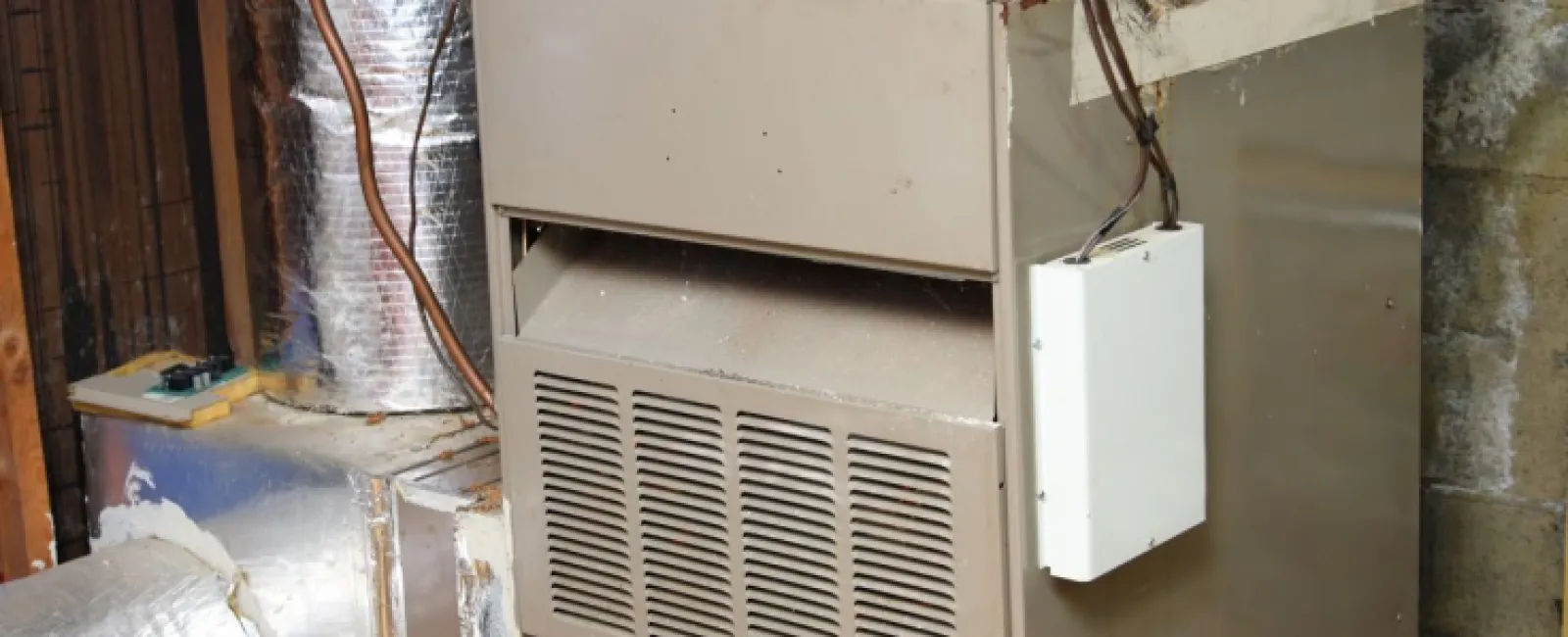October 31, 2024
A reliable furnace is essential for winter comfort. However, as furnaces age, they become less efficient and may require repairs or replacement. Knowing the furnace replacement costs helps you plan effectively and choose the suitable unit. Here are some factors influencing furnace replacement costs, which can help you select the ideal furnace type and capacity to meet your needs.
When to Replace Your Furnace
Knowing when to replace your furnace can help avoid costly repairs and ensure uninterrupted heating. Here are the top signs that it may be time for a new unit:
Furnace Age: Most furnaces last between 15 and 20 years. Once a furnace reaches 15 years, replacement often becomes more cost-effective than frequent repairs.
Frequent Repairs: If you frequently need furnace repairs, it may be time to consider a replacement. Ongoing breakdowns not only add up in costs but can also become a source of stress.
Rising Energy Bills: Aging furnaces are less energy-efficient, which can lead to increased utility bills. If you notice higher heating costs without increased usage, upgrading to a newer model can restore efficiency and lower bills.
Recognizing these signs early on allows for planned replacement rather than emergency solutions during winter's peak demands.
Furnace Replacement Costs by Fuel Type
One of the most significant determinants of furnace replacement cost is the type of fuel the furnace uses. Below is an overview of the standard fuel types, including their benefits, drawbacks, and replacement costs.
Electric Furnaces
Electric furnaces are prevalent in regions with milder winters and lower heating demands. Installation is straightforward, and these furnaces require only an electrical connection. However, the cost of operating an electric furnace is generally higher due to electricity rates.
- Replacement Cost: $2,500 - $4,500
- Pros: Clean operation, accessible anywhere with electrical service
- Cons: Higher operational costs compared to other fuel types
Gas Furnaces
Natural gas furnaces are efficient and more cost-effective for homes with access to a gas line. These units are especially suited for colder climates, where continuous heating is needed.
- Replacement Cost: $3,500 - $10,000 (Average: $7,000)
- Pros: Lower daily operational costs, reliable heating
- Cons: May not be available in some areas
Propane Furnaces
Propane furnaces are ideal for homes without natural gas access. They require a propane storage tank but provide reliable heating and moderate efficiency.
- Replacement Cost: $3,500 - $7,500
- Pros: Independent energy source, cleaner emissions than oil
- Cons: Needs storage space for a tank, requires periodic refills
Oil Furnaces
Oil furnaces are common in regions with colder winters. They are reliable and work well for homes that don't have access to natural gas. These systems offer solid heating performance even in low temperatures.
- Replacement Cost: $4,000 - $9,000
- Pros: Reliable in extreme cold, off-grid option
- Cons: Requires ongoing fuel supply, storage tank maintenance
Furnace Replacement Costs by Capacity
The capacity of a furnace, measured in British Thermal Units (BTUs), directly impacts replacement costs. Larger homes need higher-BTU furnaces to maintain effective heating, which generally increases equipment and installation expenses. Here's a breakdown:
- 40,000 to 60,000 BTU: Suitable for homes up to 1,200 sq ft. Replacement cost: $2,000 - $3,000
- 80,000 to 100,000 BTU: Ideal for homes up to 2,000 sq ft. Replacement cost: $2,500 - $4,000
- 100,000 to 125,000 BTU: Recommended for homes over 2,100 sq ft. Depending on unit specifications and installation requirements, replacement costs can reach up to $9,000.
Choosing the suitable furnace capacity is essential for both comfort and efficiency. Installing a too-powerful furnace can lead to wasted energy, while an underpowered unit may struggle to maintain your home's warmth in winter. MR. HVAC's experienced technicians can help you determine the correct BTU rating based on your home's heating needs.
Cost-Saving Tips for Furnace Replacement
Although replacing a furnace is a considerable investment, there are ways to manage costs while ensuring you get a reliable, high-performing unit:
1. Prioritize Energy Efficiency
Investing in an energy-efficient furnace can result in substantial savings over time, as these models reduce monthly energy costs. Look for furnaces with a high Annual Fuel Utilization Efficiency (AFUE) rating, which measures how effectively the unit converts fuel into usable heat. Higher AFUE ratings mean less energy waste and lower long-term expenses.
2. Choose the Right Furnace for Your Home
Selecting the appropriate furnace based on fuel availability, climate, and heating requirements can significantly impact costs. MR. HVAC offers various models, and our team is here to help you choose the best fit for your home.
3. Opt for Professional Installation
A properly installed furnace will perform better, last longer, and operate more safely. MR. HVAC's certified technicians are trained to install various furnace types and capacities, ensuring a safe, efficient setup tailored to your home.
4. Be Mindful of Your Warranty Options
Many furnaces come with a manufacturer's warranty, covering parts and, sometimes, labor for repairs. Carefully review your furnace warranty to understand what's covered, as this can help reduce future repair costs. MR. HVAC can provide insights into warranties and help you understand your options.
5. Take Advantage of Discounts and Special Offers
At MR. HVAC, we offer periodic discounts and promotions to make furnace replacement more affordable. Contact us to inquire about current offers that could help offset costs.
How MR. HVAC Can Help With Your Furnace Replacement
Replacing a furnace requires careful planning and expertise, and at MR. HVAC, we're here to make the process seamless. Here's what you can expect from our team:
- Expert Consultations: Our specialists assess your home's heating requirements and recommend the most suitable furnace options.
- Competitive Pricing: We provide competitive rates across various furnace types, ensuring you receive high-quality equipment at a fair price.
- Quality Installation: Our certified technicians precisely handle installations, ensuring your furnace operates efficiently and safely from day one.
- Informed Guidance: We'll help you understand critical factors like BTU requirements, fuel options, and energy efficiency to help you make an informed decision.
Conclusion
Replacing a furnace is a significant investment, and the cost varies based on factors like fuel type, furnace capacity, and installation needs. While upfront expenses may seem high, choosing the suitable unit and working with a professional team can lead to energy savings and reliable heating for years.
With MR. HVAC, you'll receive dedicated support from consultation to installation, ensuring your home has a high-quality, efficient heating system. Contact MR. HVAC today to learn more about your furnace replacement options and schedule a consultation. Our team is here to keep your home warm and comfortable all winter.




